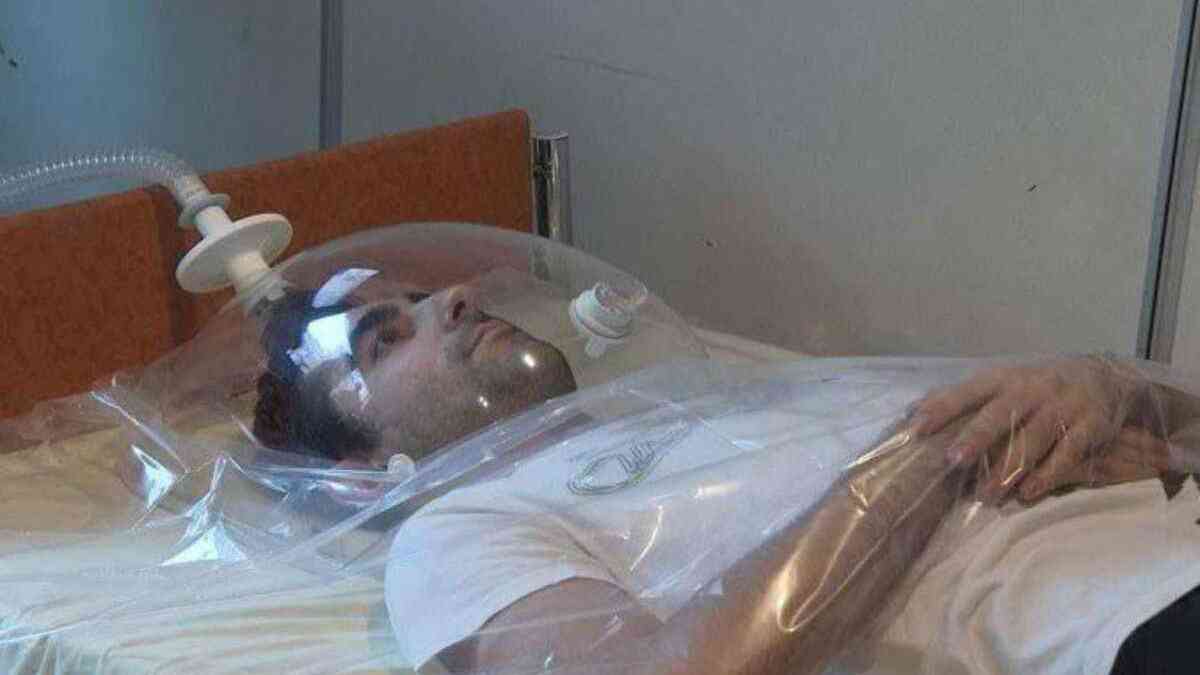A group of twelve men participate in an experiment to test the absence of gravity and help improve conditions for astronauts on a space mission. For two months, the volunteers will lie on a bed tilted at a -6-degree angle, which is the position astronauts experience in space.
The experiment is taking place in Toulouse, southern France. The surnames of the twelve men involved in the research were not disclosed. “At first, you find yourself losing weight every day,” says Matthew, one of the volunteers. It should be noted that all participants in the trial are being monitored by about 100 people, including health professionals and researchers.
To compare the development of the organism with the physical exercise performed, the volunteers are divided into three groups: one lying down, doing a 30-minute bike ride every day; another person who does not engage in any physical activity; and a third must pedal inside a moving human centrifuge.
“The goal is to see if, as it spins, the artificial gravity created by the centrifuges improves the effects of physical exercise on the bike,” explains researcher Marie-Pierre Barilly. The expectation is that if the experiment is successful, the results could be applied aboard long-term space missions.
On a trip to Mars, for example, astronauts can lose 15% of their body mass, which is why researchers are studying possibilities for minimizing the effects of prolonged space activities. Projections are that the trial will be completed in early July.
Another 12 volunteers will take part in a similar survey next year. However, the findings will not only be applicable at the spatial scale, but may also be useful in health.
“Knowing about a hyperactive lifestyle will help everyone to know how a lack of physical exercise affects the body,” notes Marie-Pierre Barilly, referring to the elderly, or those who suffer from diseases such as osteoporosis.
* With information from AFP

“Wannabe internet buff. Future teen idol. Hardcore zombie guru. Gamer. Avid creator. Entrepreneur. Bacon ninja.”

